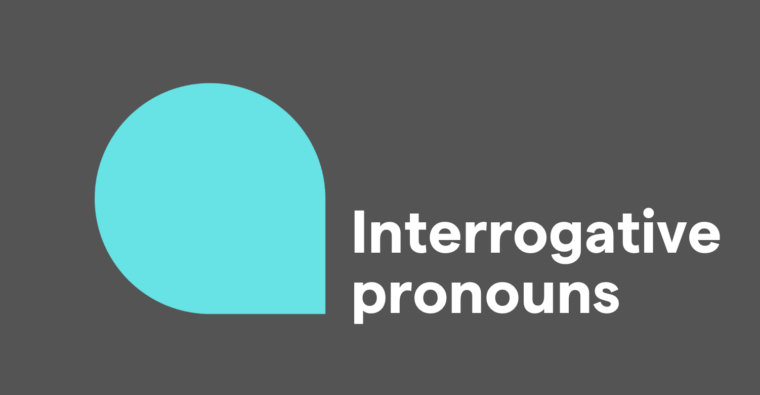
An essay is a brief composition on a specific topic. The most common essay types are analytical, argumentative, critical, expository, and narrative.
Students write essays. You knew that already. But do you know what kinds of essays students write? Here are the basics of how to write five different types of essays.
Analytical Essays
To analyze means to examine carefully or critically. You might analyze a piece of literature, an event, or even a work of art. To do so, you may compare the similarities or contrast the differences of two things. For this reason, analytical essays are sometimes called compare-and-contrast essays.
How To Write an Analytical Essay
Introduce your subject in the first paragraph and raise the issue that you will discuss with a thesis statement. Present your information, including your personal response to the subject. Conclude by explaining the relationship between the information you presented and the subject.
Argumentative Essays
To argue is to attempt to prove a theory or opinion. In an argumentative essay, you will defend your opinion against other viewpoints with the aim of showing why it is correct. (In a persuasive essay, you present your opinion with the aim of influencing others to adopt it.)
How to Write an Argumentative Essay
State your opinion or position on an issue. Present supporting evidence and research. Concentrate on defending your claim and refuting opposing viewpoints. Consider your audience as you write. What arguments would be strongest for them?
Critical Essays
To critique is to evaluate someone’s work. You might identify the strengths and weaknesses of a book, a film, or a work of art. Or you might discuss the methods the person used to create the work.
How to Write a Critical Essay
Begin by providing a short summary of the work. Give a brief analysis of what it means, including what the author was trying to accomplish. Then, comment about how successful the work was in attaining that objective.
Expository Essays
Expository is an adjective related to the verb expound. To expound means to explain or to set forth in detail. In this type of essay, you provide information about an idea or a theme. You can also explain your personal response to a work in this type of writing, but you are not trying to convince the reader to agree with that opinion.
How to Write an Expository Essay
Make a thesis statement introducing your subject. Explain the main points, supporting them with facts and reasoning. Give examples, but be concise. As with any type of essay, make sure you choose information that will appeal to your audience. Conclude with a short overview.
Narrative Essays
A narrative essay tells a short story. For example, you might relate a personal experience. You might also write a report on a book. The purpose of the essays may be to inform, entertain, or reflect. According to the Glendale Community College website, “narratives provide human interest, spark our curiosity, and draw us close to the storyteller.”
How to Write a Narrative Essay
Though it is not a requirement, writers often write narrative essays in the first person. Select an event (from your own life or from a book) that is worthy of interest. Include all the elements of a good story: characters, plot, setting, conflict, and resolution. Use vivid language that engages the reader.
Students write essays. Now you know what kinds of essays they write: analytical, argumentative, critical, expository, and narrative. Would you like to see some examples? You can find sample papers on the websites of many university writing departments.






